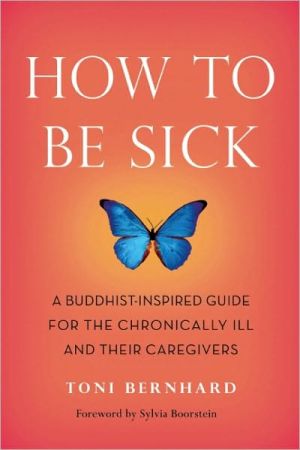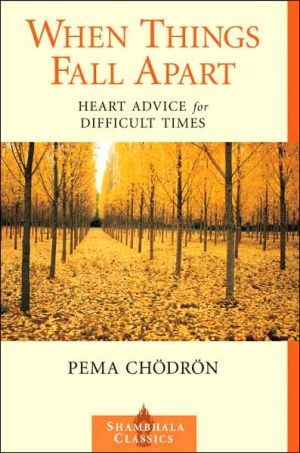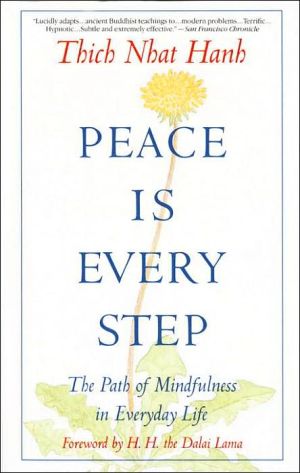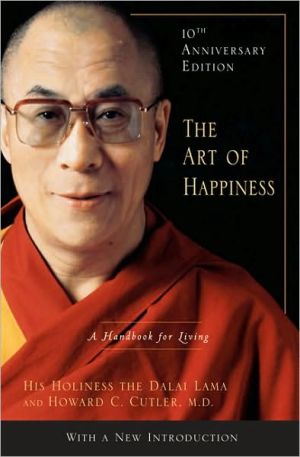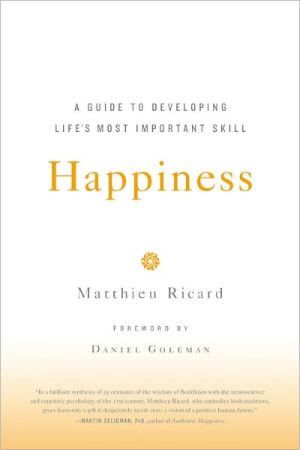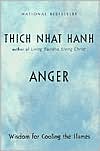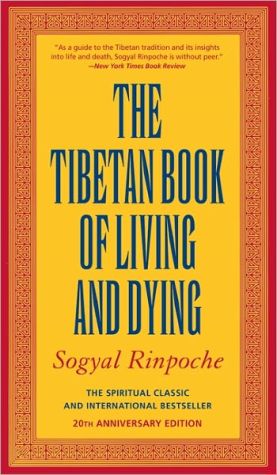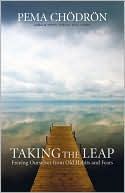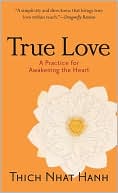How to Be Sick: A Buddhist-Inspired Guide for the Chronically Ill and Their Caregivers
This life-affirming, instructive and thoroughly inspiring book is a must-read for anyone who is—or who might one day be—sick. And it can also be the perfect gift of guidance, encouragement, and uplifting inspiration to family, friends, and loved ones struggling with the many terrifying or disheartening life changes that come so close on the heels of a diagnosis of a chronic condition or even life-threatening illness.\ The author—who became ill while a university law professor in the prime of...
Search in google:
This life-affirming, instructive and thoroughly inspiring book is a must-read for anyone who is—or who might one day be—sick. And it can also be the perfect gift of guidance, encouragement, and uplifting inspiration to family, friends, and loved ones struggling with the many terrifying or disheartening life changes that come so close on the heels of a diagnosis of a chronic condition or even life-threatening illness.The author—who became ill while a university law professor in the prime of her career—tells the reader how she got sick and, to her and her partner’s bewilderment, stayed that way. Toni had been a longtime meditator, going on long meditation retreats and spending many hours rigorously practicing, but soon discovered that she simply could no longer engage in those difficult and taxing forms. She had to learn ways to make “being sick” the heart of her spiritual practice—and through truly learning how to be sick, she learned how, even with many physical and energetic limitations, to live a life of equanimity, compassion, and joy. And whether we ourselves are sick now or not, we can learn these vital arts of living well from How to Be Sick. Publishers Weekly How does one face a chronic illness? In 2001 law professor Bernhard became sick from a virus that no doctor has been able to treat. Faced with ongoing disabling symptoms, forced to give up her profession, and unable to take part in most of the activities she loves, Bernhard has dug into the roots of the Buddhism she once studied intensively, looking for resources to cope with such devastating loss. She clearly explains how such Buddhist principles as the four noble truths, impermanence, no-self, and dependent origination help her cope with limited energy and frequent enforced solitude. No longer able to meditate formally, Bernhard describes a set of easy mental practices, drawn from her own daily experiences as well as vipassana (insight meditation), Zen koans, Tibetan Buddhist compassion exercises, and the “inquiry” technique of author Byron Katie, a practice for working with thoughts. Bernhard’s applications of Buddhism are sound and her insights gentle and honest; others may take heart from her determination to use the Buddha’s timeless wisdom to ease the mental suffering brought about by unrelieved physical illness. (Sept.)
\ Publishers WeeklyHow does one face a chronic illness? In 2001 law professor Bernhard became sick from a virus that no doctor has been able to treat. Faced with ongoing disabling symptoms, forced to give up her profession, and unable to take part in most of the activities she loves, Bernhard has dug into the roots of the Buddhism she once studied intensively, looking for resources to cope with such devastating loss. She clearly explains how such Buddhist principles as the four noble truths, impermanence, no-self, and dependent origination help her cope with limited energy and frequent enforced solitude. No longer able to meditate formally, Bernhard describes a set of easy mental practices, drawn from her own daily experiences as well as vipassana (insight meditation), Zen koans, Tibetan Buddhist compassion exercises, and the “inquiry” technique of author Byron Katie, a practice for working with thoughts. Bernhard’s applications of Buddhism are sound and her insights gentle and honest; others may take heart from her determination to use the Buddha’s timeless wisdom to ease the mental suffering brought about by unrelieved physical illness. (Sept.)\ \
